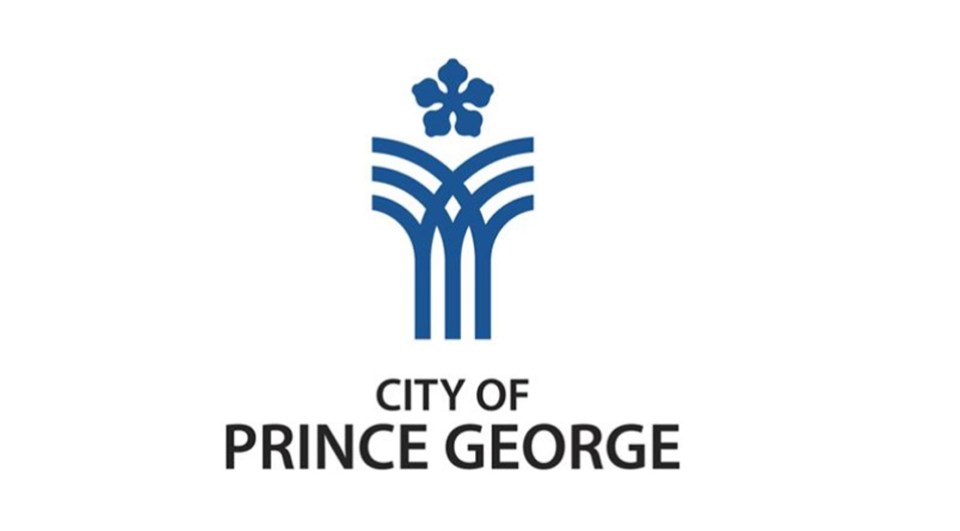After being denied a request to opt out of the province’s Short-Term Accommodations Act, Prince George city council wants to discuss the issue personally with Minister of Housing Ravi Kahlon as one of the issues it will present as part of its advocacy delegation trip to Victoria, April 9-11.
Councillors Garth Frizzell, Kyle Sampson, Susan Scott and Brian Skakun, and city manager Water Babicz, who form the Standing Committee on Intergovernmental Affairs, will try to convince Kahlon that Prince George rental vacancy does indeed meet the criteria to be exempt from new provincial government rules that require owners of short-term rentals to live on the property being rented.
An opt-out option is only available for municipalities with a population of more than 10,000 in the 2021 census and a rental vacancy rate of three per cent for more than two consecutive years, as per data published by the Canadian Mortgage and Housing Corporation (CMHC).
Prince George had a rental vacancy rate of 3.7 per cent in 2022, but a rate of 2.8 per cent in 2023, meaning they don't meet the requirements and are not eligible to “opt-out” of the principal residence requirements in 2024.
“We disagree on some of the stats,” said Mayor Simon Yu.
“We told the ministry a large portion of our Air B’n’Bs are used for hospital staff, visiting doctors and tradespeople and Prince George is in a unique position because we will perhaps be seeing some big projects in the months and years ahead and without that service it would not be good for us.
“We did lose quite a bit of our lower budget hotel rooms (being converted to social services housing). We feel these (short-term rental) services are essential to our citizens and the longterm economic development of the city.”
Council voted in favour of opting out during a Feb. 26 meeting.
In his response letter dated March 18, Kahlon said the city told the province that they're in a “unique position as a hub in Northern BC” and claimed the 2023 CMHC data for three bedrooms plus row housing in Prince George was “not statistically reliable” and that apartment housing data for three bedrooms plus apartments was not suppressed, with a vacancy rate of three percent, suggesting to use that data instead to meet the opt-out threshold.
“The total overall vacancy rate (2.8 per cent for Prince George in 2023) reported by CMHC has a data quality rating of 'Very Good'', which makes the vacancy rate statistically reliable,” wrote Kahlon. “The inclusion of the 3 bedrooms + row home units in the total vacancy rate does not make the total vacancy rate statistically unreliable; to the contrary, it makes the rate more reliable as the sample size is larger.
“Unfortunately, the data does not meet the criteria in the regulations to enable the city to request an exemption from the principal residence requirement,” he continued. “It is important that we prioritize the goal of housing to the long-term housing market in communities where there are rental housing shortages.”
If the Kahlon stands firm on his decision, the earliest possible year Prince George could seek an exemption is 2026, providing the rental vacancy data is three per cent or more in 2024 and 2025.
- with files from Ted Clarke



